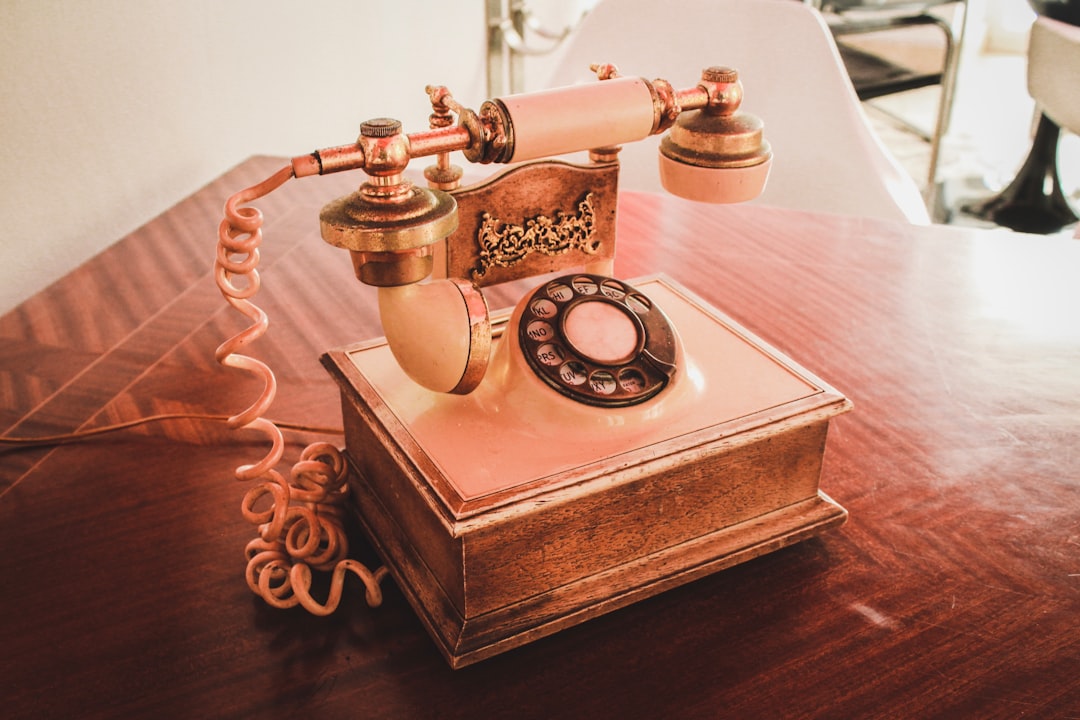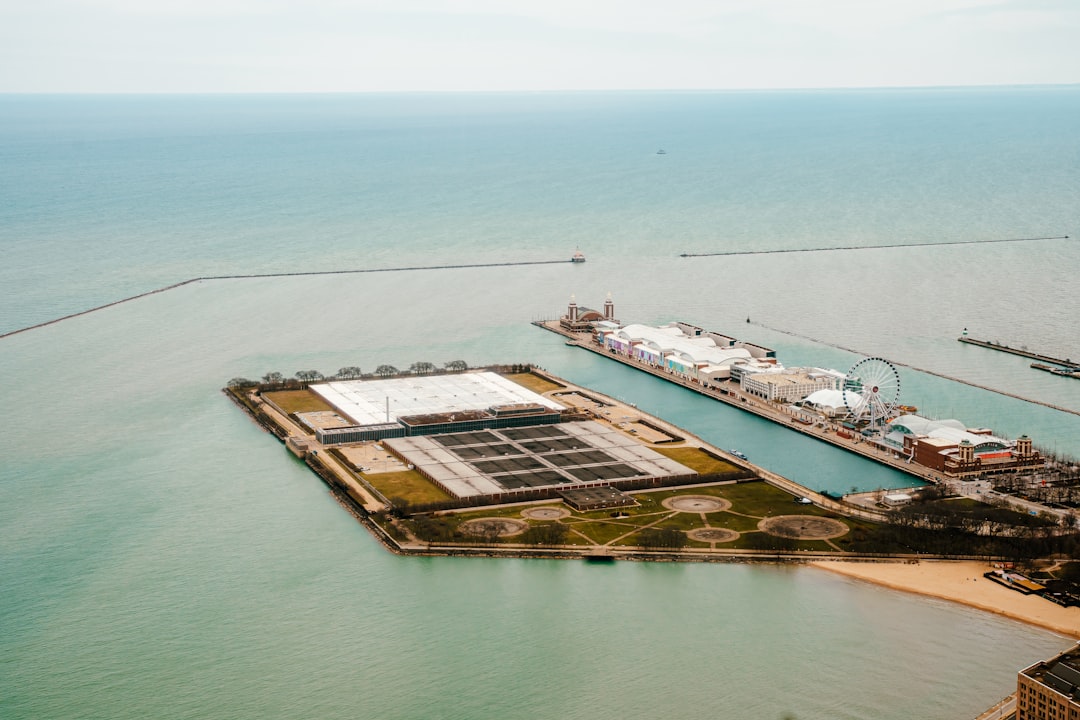Illinois' robust Do Not Call Law protects residents from intrusive telemarketing calls. Consumers can register with the Attorney General's office to block promotional calls and enjoy privacy. Strict regulations apply to lawyers and law firms promoting legal services, ensuring respect for eligible residents' communication preferences. Unwanted calls despite registration prompt consultations with Do Not Call Lawyers or specialized attorneys for legal action and guidance. Violations incur fines up to $25,000 per call, with consumers seeking remedies from Do Not Call Law Firms in Illinois.
In Illinois, consumer privacy is protected by a robust ‘Do Not Call’ law, designed to curb unwanted telemarketing calls. This comprehensive guide navigates the intricacies of this legislation, empowering residents with knowledge on their rights and legal recourse against violations. If you’re plagued by persistent telemarketers, understanding your protections is crucial. From the definition of protected individuals to the penalties for offenders, this article, supported by leading Illinois ‘Do Not Call’ lawyers, offers a comprehensive overview for both consumers and businesses alike. Discover how to enforce your rights and safeguard your peace of mind in the face of intrusive telemarketing practices.
Understanding Illinois' Do Not Call Law

Illinois’ Do Not Call Law is a robust regulation designed to protect consumers from unwanted telemarketing calls. This law, also known as the Illinois Consumer Telemarketing Protection Act, grants residents the right to block telemarketers from contacting them for promotional purposes. Consumers can register their phone numbers with the Illinois Attorney General’s office, ensuring they receive fewer marketing calls.
The law empowers individuals to take control of their communication preferences. If you’re tired of unsolicited calls from do not call lawyers or do not call attorneys in Illinois, this legislation offers a solution. By enrolling in the program, you can rest assured that your personal information is protected, and your peace of mind is prioritized, ensuring a quieter and more private phone experience.
Who is Protected and How Does It Apply?

In Illinois, consumer privacy is protected by strict laws regarding telemarketing practices. The Do Not Call regulations are designed to empower residents and give them control over unwanted phone calls from lawyers, attorneys, or law firms. These rules apply to any person or organization engaging in telemarketing activities within the state, including those promoting legal services.
The protection extends to all Illinois residents who have registered their telephone numbers on the Do Not Call list. It means that lawyers, attorney offices, and law firms must refrain from making marketing calls to these individuals unless they have obtained explicit consent. This is a significant step towards ensuring consumer privacy and preventing intrusive telemarketing practices, especially for those seeking legal advice without being bothered by unsolicited calls.
Enforcing Your Rights: What to Do If You're Bothered by Telemarketers

If you’re tired of unwanted telemarketing calls, you have rights and options under Illinois law. Start by registering your number on the National Do Not Call Registry. This federal list restricts calls from most telemarketers for 5 years. If you’re still receiving nuisance calls, consider contacting a do not call lawyer in Illinois or an attorney specializing in consumer privacy. They can help you understand your legal rights and take action against persistent telemarketers.
File a complaint with the Illinois Attorney General’s office, which monitors compliance with do-not-call laws. Additionally, many do not call law firms in Illinois offer consultation services to assist consumers in navigating their legal options. Don’t hesitate to assert your privacy rights—a lawyer for Do Not Call Illinois can guide you through the process and ensure telemarketers respect your wishes.
The Role of Telemarketing Companies and Their Legal Obligations

In Illinois, telemarketing companies play a significant role in facilitating business-to-consumer interactions, especially in an era dominated by digital communication. These companies act as intermediaries, connecting businesses with potential clients, and are subject to various legal obligations to protect consumer privacy. One of their primary responsibilities is adhering to the ‘Do Not Call’ laws implemented by the state. This legislation empowers residents of Illinois, including Chicago and its suburbs, to opt-out of unsolicited phone calls from telemarketers.
Telemarketing firms must ensure they obtain explicit consent before initiating calls and respect consumer choices when it comes to opting out. They are legally bound to maintain accurate ‘Do Not Call’ lists, ensuring that registered numbers are not called again. Moreover, these companies are required to disclose their identity and purpose during each call, allowing consumers to make informed decisions regarding their privacy. Any violation of these rules may lead to legal repercussions, including potential action by a lawyer for Do Not Call laws in Illinois.
Penalties and Remedies for Violations

In Illinois, telemarketers who violate consumer privacy laws face severe penalties. The Illinois Attorney General’s Office has the authority to investigate and take legal action against companies or individuals engaging in unsolicited phone calls, often referred to as “Do Not Call” violations. Fines can range from $500 to $25,000 per call, depending on the severity of the infraction. If a company or telemarketer continues to disregard privacy regulations despite warnings, they may be subject to additional penalties and even criminal charges.
Consumers who experience such violations have legal recourse. They can file complaints with the Illinois Attorney General’s Office or seek the help of a lawyer specializing in Do Not Call laws. A “Do not call” attorney in Illinois can provide guidance on remedies available to consumers, which may include stopping further unwanted calls, seeking damages, and receiving compensation for emotional distress caused by the violations.






